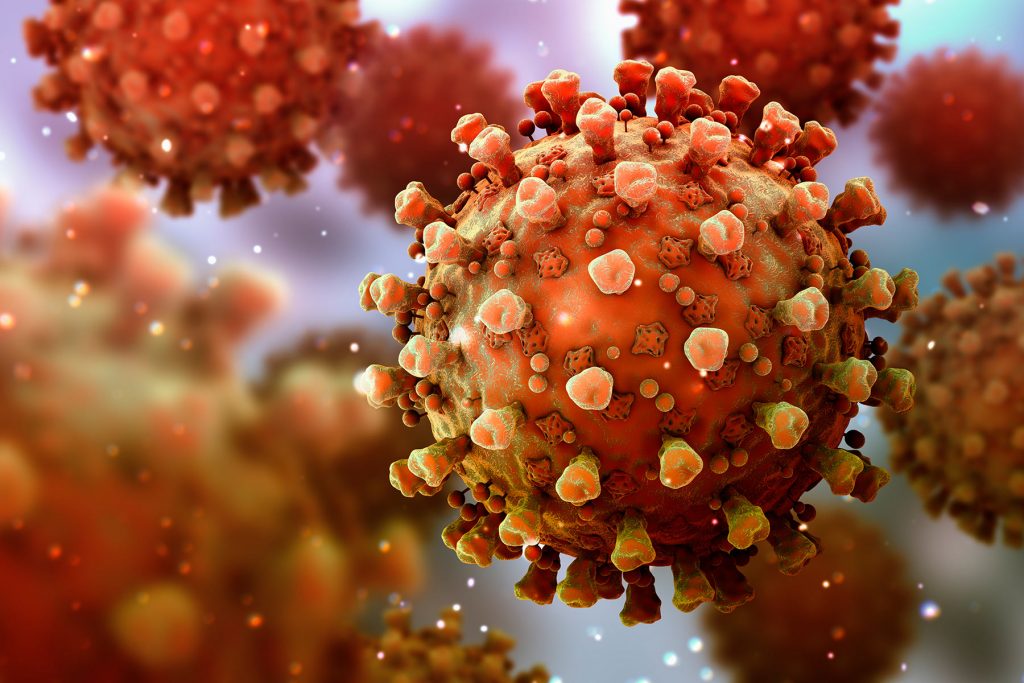New York: The makers of COVID-19 vaccines are figuring out how to tweak their recipes against worrisome virus mutations. Hence regulators are looking to flu as a blueprint if and when the shots need an update. “It’s not really something you can sort of flip a switch, do overnight,” cautioned Richard Webby. He is the director of a World Health Organisation flu centre from St. Jude Children’s Research Hospital here. Webby said COVID-19 vaccine makers are already working to find ways to stop mutations. Viruses mutate constantly and it takes just the right combination of particular mutations to escape vaccination.
But studies are raising concern that first-generation COVID-19 vaccines don’t work as well against a mutant that first emerged in South Africa. However, they are doing well against other versions circulating around the world.
The good news is that many of the new COVID-19 vaccines are made with new, flexible technology that’s easy to upgrade. However, it’s harder to decide if the virus has mutated enough and it’s time to modify vaccines. Also it is hard to find out what changes need to be made to the existing vaccine.
“When do you pull the trigger?” asked Norman Baylor. He is former Food and Drug Administration vaccine chief. “This is a moving target right now,” added Baylor.
Flu offers a model
Influenza mutates much faster than the coronavirus, and flu shots have to be adjusted just about every year. National centres around the globe collect circulating flu viruses and track how they’re evolving. They send samples to WHO-designated labs for more sophisticated ‘antigenic’ testing to determine vaccine strength.
The WHO and regulators then agree on the year’s vaccine recipe and manufacturers get to work.
For COVID-19 vaccines, Webby said a critical step is establishing a similar surveillance and testing network. It will help to flag the mutations that matter.
Today, there’s wide geographic variability in tracking and testing mutated versions. For example, Britain does more testing of the changing viral genome than the US.
Three variants first discovered in Britain, South Africa and Brazil are worrisome. This is because of combinations of mutations that make them more contagious.
US researchers reported Sunday a still different mutation found in seven variants that have cropped up in several states. No one yet knows if this mutation makes the virus easier to spread. However, the report, not yet vetted by other scientists, urges further research to find out.
How COVID-19 shots are holding up
Just because a variant is more contagious doesn’t mean it also will be impervious to vaccination. But the variant first identified in South Africa is raising concerns.
Columbia University’s David Ho put blood samples from people given the Pfizer or Moderna vaccines into lab dishes with the mutated virus. Vaccine-produced antibodies still protected, but they were much less potent.
Preliminary test results of two other vaccine candidates — from Novavax and Johnson — soon backed up those findings. Both still protected but were weaker when tested in South Africa, where that variant dominates, than when tested elsewhere. A far smaller test of the AstraZeneca vaccine in South Africa has raised questions about its effect. “If the virus were able to make an additional mutation or two, it could escape even more,” Ho warned.
The real red flag
If fully immunized people start getting hospitalized with mutated virus, ‘that’s when the line gets crossed,” said Dr Paul Offit, a Philadelphia vaccine expert who advises the FDA. “That hasn’t happened yet, but we should get ready,” he added.
Moderna is about to explore one option. Could a third dose of the original vaccine boost immunity enough to fend off some variants even if it’s not an exact match? Ho said it’s a good idea to test because people may ‘still have plenty of cushion’ if their overall antibody levels are very high.
Adjusting the recipes
Major manufacturers also are developing experimental variant vaccines, just in case. COVID-19 vaccines produce antibodies that recognise the spike protein that coats the coronavirus. When the virus mutates, sometimes the spike protein is changed in key areas. Hence the vaccine-produced antibodies have a harder time recognising it.
